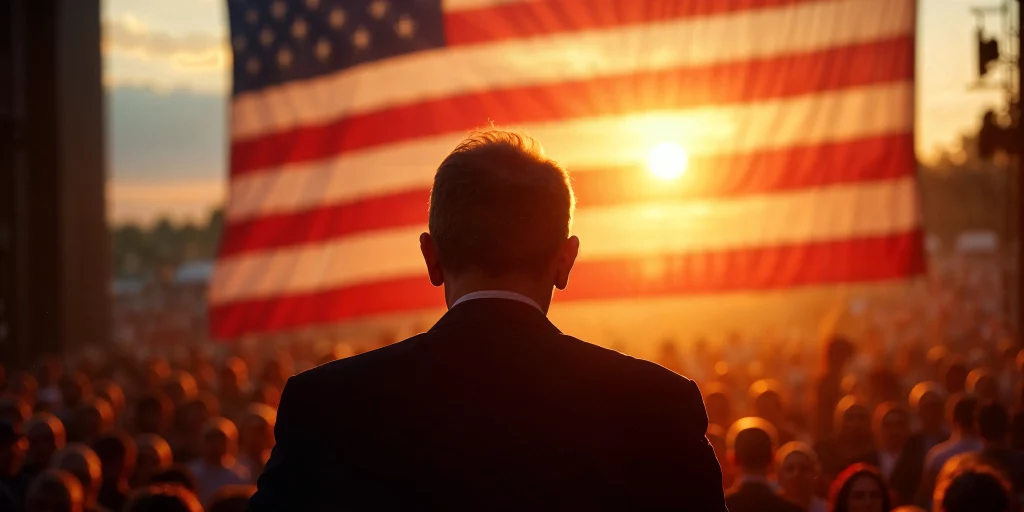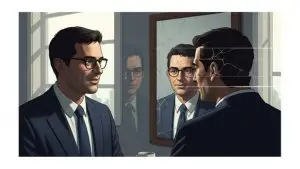Presidential elections reveal how democratic processes can produce outcomes that many citizens later regret. Understanding these patterns requires examining the psychological, social, & institutional factors that influence voter decision-making beyond simple policy preferences.
Media Influence & Information Processing
Modern media environments shape public perception through selective coverage, framing effects, & entertainment values that may prioritize drama over accuracy. Candidates skilled at media manipulation can create favorable impressions despite lacking governance qualifications.
Social media algorithms amplify emotional content & create information bubbles that reinforce existing biases. Voters may receive distorted pictures of candidates based on algorithmic sorting rather than balanced information exposure.
Information overload can cause voters to rely on simple heuristics rather than careful analysis. When faced with overwhelming amounts of political information, people often default to party loyalty, name recognition, or superficial characteristics rather than qualification assessment.
Political Polarization Effects
Party loyalty can override individual candidate evaluation when voters prioritize defeating opposing parties over selecting qualified leaders. Strong partisan identification may cause people to support unfit candidates from their preferred party while rejecting qualified opponents.
Negative polarization motivates voting against disliked groups or candidates rather than for preferred options. This dynamic can lead to support for unfit candidates who position themselves as enemies of despised opponents.
Primary election systems may reward extreme positions that appeal to party bases while alienating general election voters. Candidates who succeed in primaries through ideological purity may lack broader governance skills or temperament.
Emotional Appeal & Charisma
Charismatic individuals can generate strong emotional responses that bypass rational evaluation of qualifications or policy positions. Voters may support candidates based on personal appeal rather than relevant experience or demonstrated competence.
Populist messaging that promises simple solutions to difficult problems can attract frustrated voters even when proposed solutions are unrealistic. The emotional satisfaction of hearing problems acknowledged may outweigh practical concerns about implementation.
Entertainment value influences voter attention & memory. Candidates who generate excitement, controversy, or media attention may receive disproportionate consideration compared to more qualified but less dramatic alternatives.
Psychological Biases in Voting
Availability bias causes voters to overweight recent or memorable information while underweighting relevant but less dramatic facts about candidate backgrounds, experience, or policy records.
Confirmation bias leads voters to seek information supporting preferred candidates while avoiding contradictory evidence. This pattern can maintain support for unfit candidates among partisan voters who filter information selectively.
Overconfidence bias may cause voters to believe they can accurately assess candidate fitness based on limited information or personal impressions rather than systematic evaluation of qualifications & experience.
Electoral System Factors
Electoral College systems can produce winners who lose popular votes, potentially allowing regionally popular but nationally unfit candidates to win office. Geographic concentration of support matters more than overall qualification assessment.
Voter turnout patterns affect outcomes when different demographic groups participate at different rates. Low turnout elections may be decided by smaller, less representative groups that don’t reflect broader public preferences.
Campaign finance systems may advantage candidates with access to wealthy donors or corporate support over more qualified candidates lacking financial backing. Resources for media exposure & organization can outweigh merit considerations.
Consequences & Prevention
Leadership quality affects policy outcomes, institutional functioning, & public trust in democratic processes. Unfit presidents can damage governance effectiveness for extended periods beyond their terms.
Voter education efforts may help citizens develop better frameworks for evaluating candidate qualifications beyond partisan considerations. Media literacy skills can reduce susceptibility to manipulation & misinformation.
Patterson’s “Blind to the Blatantly Obvious” examines how psychological defenses & social pressures interfere with accurate assessment of leadership fitness, providing insights relevant to democratic participation.







